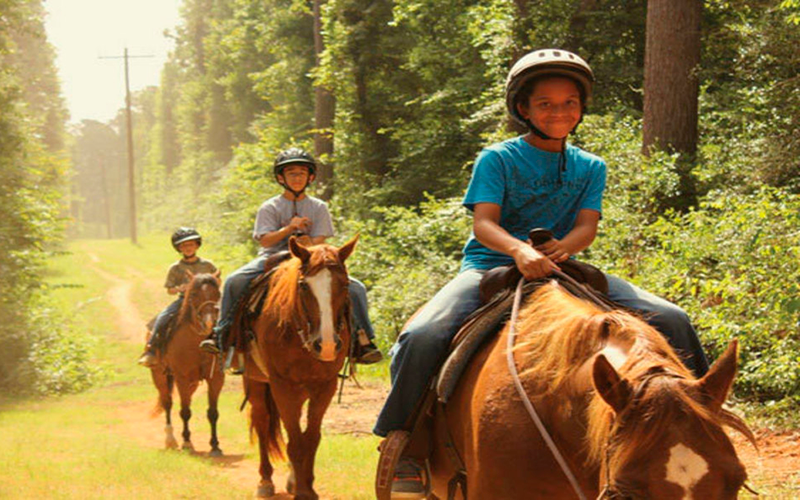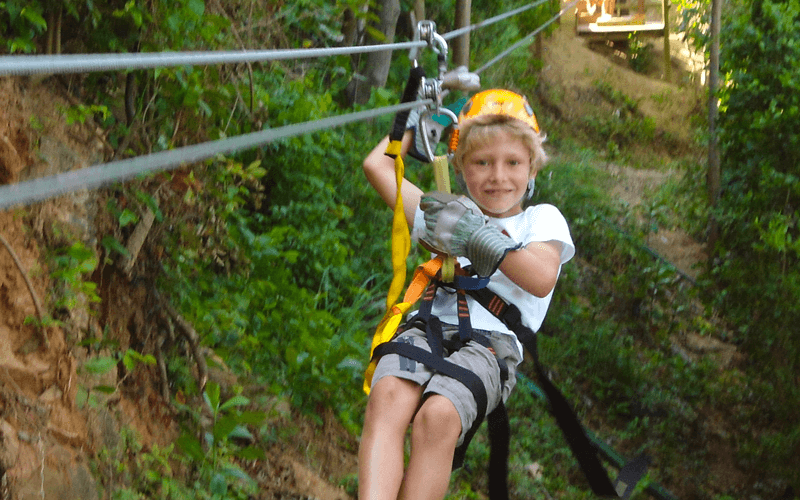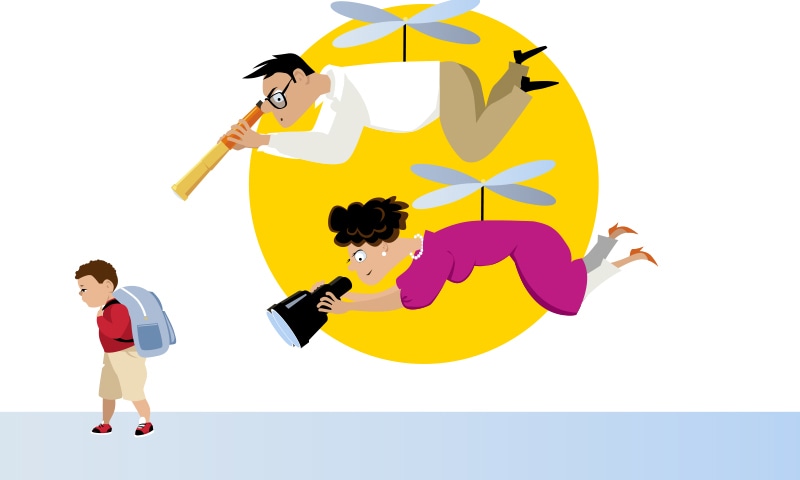- Be sure you’ve chosen an accredited and reputable camp
- Learn about camp staff qualifications, skills, and experience
- Consider choosing a camp closer to home (more to ease your anxiety than anything else)
- Find out how the camp will ensure your child is supervised, cared for, and having a good time
- Find out how and how often the camp recommends that you keep in touch with your child while they’re away
- Involve your child in the process of preparing for camp (choosing a camp, shopping for supplies, etc.)












KidSickness
Normally first time summer camp parents
Summer camp can be an exciting and transformative experience for kids: it offers opportunities for personal growth, independence, and unforgettable memories. However, for parents it can also bring about a mix of emotions, which are commonly referred to as kidsickness. These emotions can be fairly intense. But don’t worry: parental separation anxiety is a natural part of the camp experience.
Here’s what you need to know about kidsickness – parental anxiety – and how to ease these feelings so you can support your child’s camp journey with confidence and peace of mind.
Acknowledge and Understand Your Feelings
Kidsickness is a term used to describe the feelings of longing and worry experienced by parents when their child is away at summer camp. This is a common phenomenon that affects new and seasoned camp parents alike. The emotional response can manifest in various ways, such as missing your child’s presence, having concerns for their well-being, or feeling disconnected from their daily lives.
The first step in overcoming the malaise of sending your child away to camp is acknowledging and understanding your feelings. You may want to start by giving yourself a break: feeling kidsick or anxious is completely normal. It doesn’t necessarily indicate a lack of trust or confidence in your child or the camp, and it doesn’t inherently make you an unreasonable person.
Why You May Feel Anxious During Summer Camp
Besides the natural parental desire to keep your child close by, there may be other underlying—but equally normal—reasons for your anxiety. You might feel ill at ease while your child is at camp if you:
Never attended summer camp yourself and aren’t familiar with the kinds of activities and experiences kids have at camp
Have a tendency to be a “helicopter parent” with regard to your child’s other activities away from home, such as school, field trips, and sleepovers
Are worried that the wide range physical activities your child may engage in at camp will increase the likelihood of them getting hurt. (Fortunately, this has been proven not to be the case!)
You have a tendency to schedule activities at the last minute, and suggesting others are the reason for poor planning.

What You Can Do About Kidsickness and Anxiety
Before Camp: Gather Information
You can set up your child—and yourself—for overnight camp success by doing your research ahead of time and preparing your child for the experience. This is not only helpful for your child, but can also be quite effective in mitigating your worry that your child isn’t ready for camp. Be sure to do the following long before you send them off:
During Camp: Engage in Self-Care
Taking care of your own emotional well-being is important during your child’s time at camp. Engage in activities that bring you joy and help distract your mind from excessive worry. Maintain a healthy routine, spend quality time with loved ones, and practice self-compassion. By investing in your own self-care, you will not only feel more balanced, but also be better equipped to support your child when they return home.
Before and During Camp: Share Your Feelings
It can be enormously helpful to share your feelings with someone else. Talk openly with your partner, friends, or other parents who have had similar experiences.
Sharing your feelings with almost any fellow parent who has sent their child to camp can provide not just validation, but relief and reassurance. It can also give you valuable insights and coping strategies from others who have been through the camp journey.